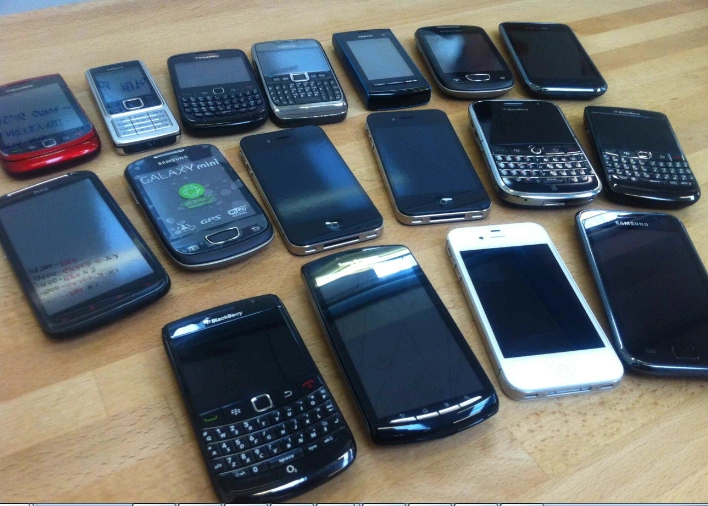
SHIPMENTS of used smartphones, including officially refurbished and used smartphones, reached 282.6 million units in 2022, where its unit growth represented an 11.5 per cent increase over the 253.4 million units shipped in 2021.
International Data Corporation (IDC), which gave these figures, estimated that this growth will reach 413.3 million units in 2026 with a compound annual growth rate (CAGR) of 10.3 per cent from 2021 to 2026. It estimated the market value of the shipments at $99.9 billion.
IDC noted that Trade-in programs continue to be the driving factor for the new and used smartphone market globally. The data organisation said it witnessed new programs launch successfully across multiple regional markets where trade-in is still a new concept for local consumers.
Additionally, IDC said in mature markets such as the U.S., Canada, and Western Europe, trade-in continues to play a significant role in speeding up refresh cycles through telco and retail-driven promotions. This has contributed to an increase in trade-in value (TIV), which is typical when demand for new devices is slow. The rise in TIV has pushed prices up in the secondary market due to consumers getting more for their old devices to help drive upgrades.
Last year, the International Trade Centre (ITC) claimed that Nigeria spent $2.35 billion on telephone importation in three years.
ITC, which is an international body that focuses on trade, said the country spent $807.95 million on importation of phone sets in 2019; $765.57 million in 2020 and $772.25 million in 2021.
The body explained that the imported telephone sets included: smartphones, facsimile machines for line telephony, teleprinters, parts of telephone sets, and more.
IDC noted that the increased sale of higher-priced devices in the new market has also created a circular effect as many of these aggressive trade-in deals feature primarily on premium devices.
The firm however, said how long these aggressive trade-in offers last remains a big question for buyers and sellers, stressing that eventually, narrow margins will impact the overall profits of the channel, vendor, or perhaps both.
Research Manager with IDC’s Worldwide Quarterly Mobile Phone Tracker, Anthony Scarsella, said: “The used market was able to grow 11.5% in 2022 thanks to the 6.1% rebound we witnessed in the new market for 2021.
“Used devices demonstrate more resilience to market inhibitors than new smartphone sales as consumer appetite remains elevated in many regions. Attractive price points are critical for growth as cost savings remain the primary benefit. However, a high-end inventory struggle due to elongated refresh cycles in the new market has used prices growing over 11 per cent in 2022.”
MEANWHILE, American multinational technology company, Apple Inc., has disclosed that app developers earned over $320 billion as income on their apps in the last 14 years.
It said the app developers are those on Apple’s iOS store. This was contained in Apple’s review of the app store performance for 2022. The company said that the earnings were paid to the developers between 2008 and 2022.
“The App Store connects developers of all sizes, from emerging solo creators to large international teams, with more than 650 million visitors across 175 regions each week.
“Developers selling digital goods and services on the App Store have earned more than $320 billion since the platform’s 2008 launch, marking another year of record earnings. And this considerable number represents just a fraction of the overall commerce the app ecosystem facilitates.
Throughout the year, new apps and games delivered fresh ways to connect.”
On other services, the technology company said, “2022 was a big year for Apple Music, which now features over 100 million songs, representing nearly the entire history of recorded music. That’s 100,000 times “1,000 songs in your pocket.” And with Spatial Audio, Apple Music set a new quality bar for music streaming, giving fans a deeper and more immersive experience than ever before.”








